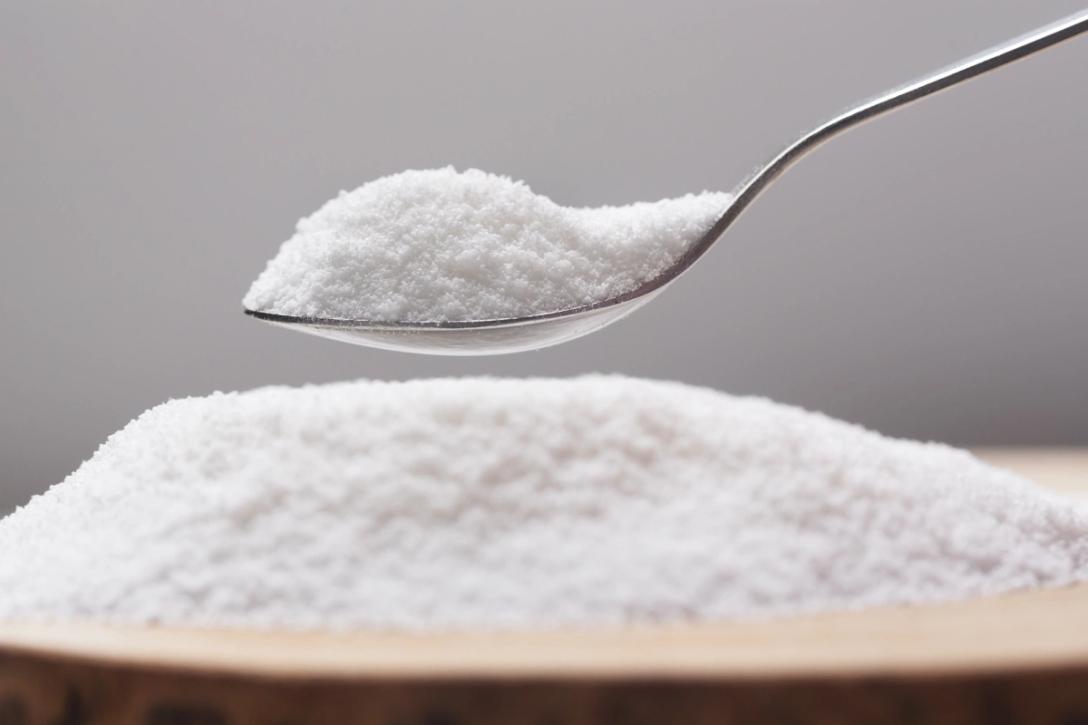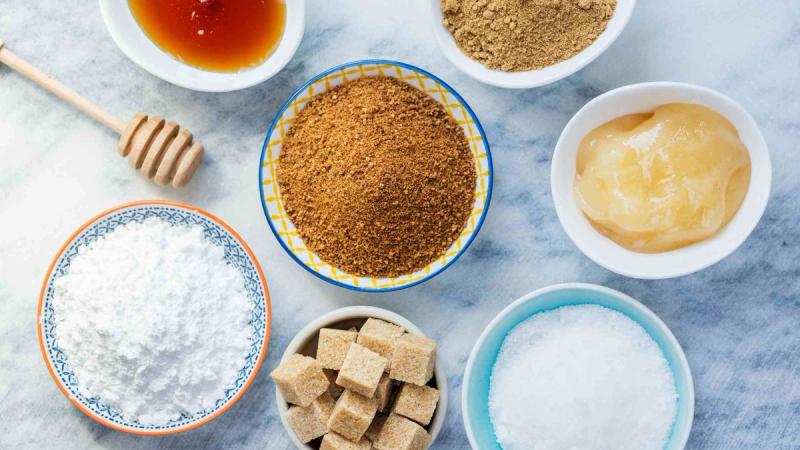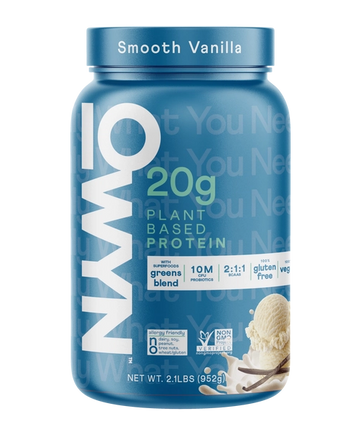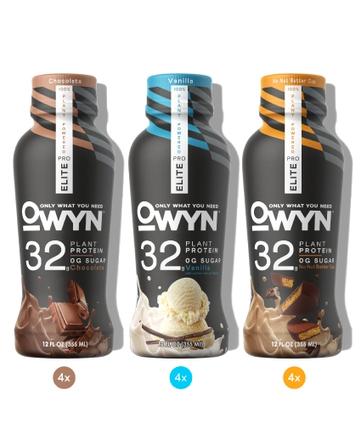Save 10% OFF All Subscription Orders.
Save 10% OFF All Subscription Orders.

Should artificial sweeteners be avoided? In this post, we will be exploring the most up-to-date research on artificial sweeteners to discover the truth.
What is Sucralose?
Sucralose is an artificial sweetener and sugar substitute that is found in various food and beverages, such soda, protein shakes, chewing gum, salad dressings, baked goods, frozen dairy desserts, and more. As you can see, there is a wide range of foods that sucralose is found in. For this reason, it’s important to read nutrition labels to know the ingredients in the food products you are consuming. This can help you to reduce the risk of any negative health outcomes associated with a specific ingredient.
Sucralose: Recent Studies
In the last few years, several studies investigated the potential link between sucralose and DNA damage. A recent study published in the Journal of Toxicology and Environmental Health found that sucralose causes DNA to break apart, putting people at risk for disease. They also linked sucralose with leaky gut syndrome and symptoms linked with gut health issues, such as bloating, cramps, diarrhea, gas, and more.
This study, along with several other research articles, play an integral role in spreading awareness about the consumption of sucralose and how it can negatively impact human health. In addition to the concerns surrounding DNA damage, emerging research has highlighted 3 major potential health issues related to artificial sweetener consumption:
1. Metabolic Effects. Some studies suggest that artificial sweeteners, including sucralose, may disrupt metabolic processes, affecting glucose metabolism, insulin response, and potentially increasing the risk of metabolic disorders such as type 2 diabetes. This essentially implies that artificial sweeteners can have negative long-term effects of certain conditions.
2. Gut Microbiota. Recent research indicates that artificial sweeteners can alter the composition and diversity of gut bacteria, potentially influencing metabolic health, immune function, and overall gut health. GI symptoms could include bloating, diarrhea, constipation, and more.
3. Appetite and Weight Regulation. Studies show that artificial sweeteners may disrupt hunger and satiety signals, leading to increased food intake and weight gain. It is suggested that consuming artificial sweeteners might lead to food cravings later in the day.
The Conclusion:
Should we avoid sucralose completely or is it safe to consume in moderation? The World Health Organization (WHO) recommends people avoid consuming all artificial sweeteners, including sucralose.Their guidance is based on concerns that artificial sweeteners may contribute to increased cravings for sweet-tasting foods, potentially leading to overconsumption of nutrient-poor foods and related health issues. The research shows that long-term use of artificial sweeteners may increase the risk of type 2 diabetes, cardiovascular disease, and mortality in adults.
Since many foods and beverages, especially protein shakes, contain artificial sweeteners, it’s important to read the ingredient label. Unlike other plant-based shakes and powders that are loaded with artificial sweeteners, flavors, and thickeners, OWYN is clean and easily digestible to prevent gastrointestinal discomfort without ever compromising on taste.
As scientific understanding evolves, it is always advisable to consult with a registered dietitian or healthcare professional who can provide personalized guidance based on your specific dietary needs and health goals. Stay informed, stay curious, and make educated choices to support your overall well-being!

Why All Sugar Substitutes Are Not Created Equal
Have you ever wondered what are all these sweeteners and what’s their role in my diet? Read on to find out the truth behind sugar substitutes.

Chocolate Dipped Strawberry Protein Shake
Craving something that tastes like dessert but still delivers on nutrition? The Chocolate Dipped Strawberry Protein Shake is rich, refreshing, and perfect as a post-workout boost, afternoon pick-me-up, or anytime you want a chocolatey, feel-good treat.



